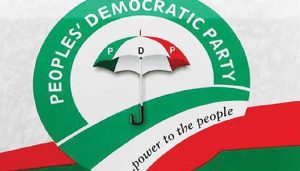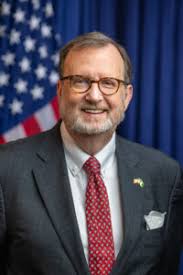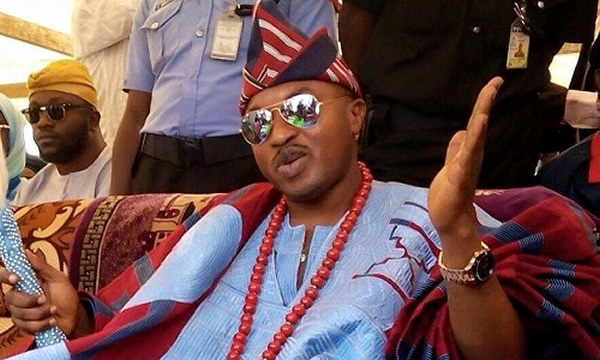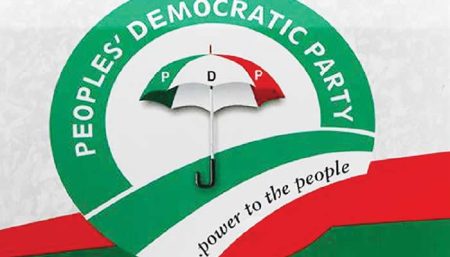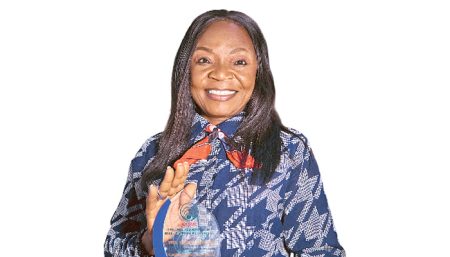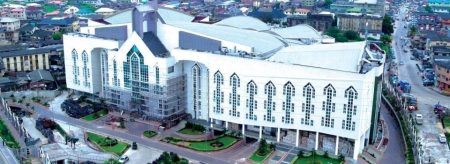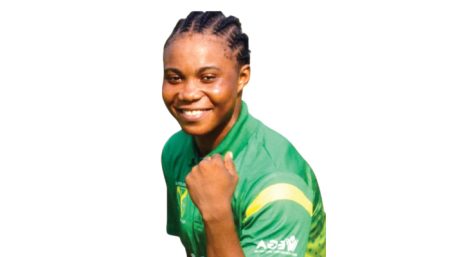The Oluwo of Iwo, Oba Abdulrosheed Akanbi, has appealed to Nigerians to allow President Bola Tinubu to complete two terms in office before assessing his performance comprehensively. He argues that judging a leader’s effectiveness within a short timeframe is unfair and counterproductive, especially considering the magnitude of challenges facing the nation. The monarch emphasizes the need for patience and understanding, suggesting that the complexities of governance require ample time to implement sustainable solutions. He urges Nigerians to adopt a more long-term perspective, offering Tinubu the opportunity to fully unfold his agenda and address the nation’s multifaceted problems.
The Oluwo’s plea underscores a common sentiment amongst some segments of the Nigerian populace – the desire for stability and continuity in leadership. They believe that frequent changes in government can disrupt the implementation of long-term plans, hindering progress and development. With the nation grappling with issues ranging from economic instability to insecurity, they advocate for a period of consistent leadership to allow for focused policy implementation and effective governance. This view emphasizes that meaningful and lasting change takes time and requires consistent effort, often beyond the scope of a single four-year term.
However, this call for patience and long-term assessment isn’t without its counterarguments. Critics argue that holding a leader accountable from the outset is essential for a functioning democracy. They contend that waiting for two terms before evaluating performance could embolden ineffective leadership and exacerbate existing problems. Transparency and accountability, they argue, are crucial elements of good governance, and these require ongoing scrutiny and assessment of a leader’s actions. They posit that a government’s performance should be subject to continuous review, allowing citizens to voice their concerns and hold their leaders responsible for their decisions.
Furthermore, the current socio-economic climate in Nigeria fuels the debate surrounding Tinubu’s presidency. The removal of fuel subsidies, resulting in sharp price hikes, has placed immense pressure on citizens already struggling with economic hardship. This policy, while potentially beneficial in the long run, has generated widespread discontent and protests, placing Tinubu’s administration under intense scrutiny. Critics argue that the immediate consequences of such policies must be considered alongside long-term goals, and that the government’s response to the ensuing hardship should be a key metric for evaluating their performance.
The Oluwo’s plea for patience also raises the broader issue of leadership evaluation in Nigeria. What criteria should be used to assess a president’s effectiveness? Should economic indicators be prioritized over security concerns, or vice versa? How should the intangible aspects of leadership, such as vision and integrity, be factored into the equation? These are complex questions that require careful consideration and contribute to the ongoing debate about the nation’s political future. It emphasizes the need for a more nuanced understanding of leadership assessment, moving beyond simplistic metrics and embracing a more holistic approach.
Ultimately, the conversation sparked by the Oluwo’s appeal highlights the complexities of democratic governance in Nigeria. Balancing the need for stability and long-term planning with the imperative of accountability and responsiveness is a crucial challenge. It is a debate that requires the participation of all stakeholders, from traditional rulers to policymakers and ordinary citizens, to forge a path towards a more effective and responsive government. The future of Nigeria rests on finding a delicate equilibrium between these competing demands, ensuring both the stability necessary for progress and the accountability that safeguards the interests of the people.


